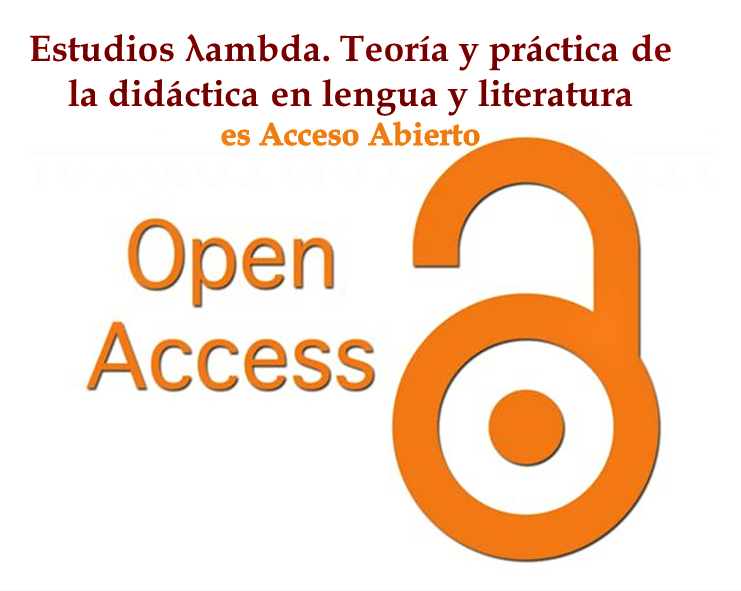Possibilities and Challenges for the Humanities in the 21st Century
Posibilidades y retos para las humanidades en el siglo XXI
DOI:
https://doi.org/10.36799/el.v8i1.146Keywords:
Humanities, Skilled-Based Education, Purpose of EducationAbstract
The main objective of this article is to account for specific ideas about the place occupied by the Humanities in the context of globalization, and how they have struggled to maintain, so far in the 21st century, a space and a prestige that today seems being questioned by the operational logic of worldwide corporatism. The latter apparently has a method of understanding the world whose discourses create imperatives and meanings that benefit it, and for this purpose business discourse has been incorporated into the agenda of skill-based educational programs, which end up ignoring the importance of traditional institutions and intellectual legacies like the humanistic knowledge. It is necessary to remember that the Humanities had a preponderant place in the history of the modern era, and that we must act so that they continue to be present in the reorganization of the methods of understanding reality.
Downloads
References
Forrester, Vivianne. El horror económico. Trad. de Daniel Zadunaisky. México: FCE, 1997.
Freire, Paulo, Pedagogia do oprimido. Rio de Janeiro: Paz e Terra, 1987.
Freud, Sigmund. Civilization and Its Discontents. Trad. de James Strachey. New York: W. W. Norton & Co., 1989.
Harari, Yuval Noah. 21 Lessons for the 21st. Century. New York: Spiegel & Grau, 2018.
Ordine, Nuccio. La utilidad de lo inútil. Manifiesto. Trad. de Jordi Bayod. Barcelona: Acantilado, 2013.
Ortega y Gasset, José. La rebelión de las masas. Barcelona, Espasa-Calpe, 1986.
Downloads
Published
How to Cite
Issue
Section
License
Copyright (c) 2023 Gabriel Osuna Osuna

This work is licensed under a Creative Commons Attribution-NonCommercial-NoDerivatives 4.0 International License.
El autor o autores conservan en todo momento sus derechos morales y patrimoniales sobre la obra; la obra no se puede alterar, transformar o ampliar; siempre debe reconocerse la autoría del documento referido. Ninguna de las modalidades de los documentos publicados en Estudios λambda. Teoría y práctica de la didáctica en lengua y literatura tienen fines comerciales de naturaleza alguna.



